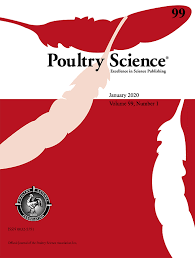Document type: Report of the European Public Health Alliance (EPHA)
Author: Cóilín Nunan
Preview: Achieving deep reductions in farm antibiotics use will require widespread changes in animal husbandry practices towards higher animal welfare, argues a new paper written for EPHA.
On 28 January 2022, ambitious rules restricting the use of veterinary antimicrobials will start applying across the European Union (EU). These new rules ban the routine use of antibiotics and restrict preventative use to exceptional treatments of individual animals. Also, antimicrobials can no longer be applied to compensate for poor hygiene and animal husbandry practices.
While welcoming these rules and raising the expectation that they will help cut antibiotics use and reduce the threat of antimicrobial resistance (AMR), the paper raises concern about the probability of widespread non-compliance with the legislation.
This is because, it argues, there is so far little indication that Europe is moving away from highly intensive livestock farming systems. Such systems are often associated with factors that drive the routine and excessive use of antibiotics, such as inadequate animal husbandry and high levels of disease.
The paper recommends 10 actions to help achieve significant cuts in farm antibiotic use across Europe while improving animal health and welfare:
Read the report
Four policies and targets for antibiotic use and data collection:
1. Low levels of farm antibiotic use
2. Most antibiotic use should be for individual treatments
3. Antibiotic-use data should be collected by species and by farming system
4. Restrictions on highest-priority critically important antibiotic
Six key changes in animal husbandry practices:
1. Later weaning in piglets
2. Use appropriate breeds
3. Improve hygiene, reduce indoor stocking density and provide proper "enrichment"
4. Provide access to the outdoors
5. Include sufficient fibre in diets
6. Ban tail docking of piglets






